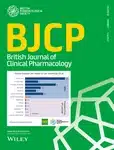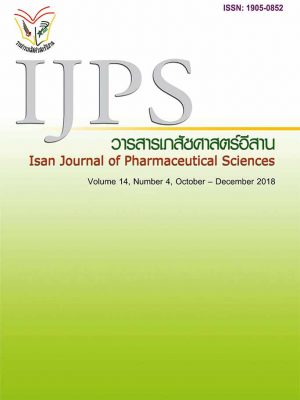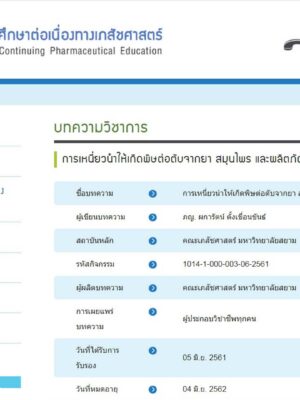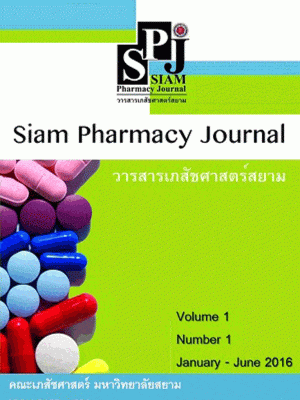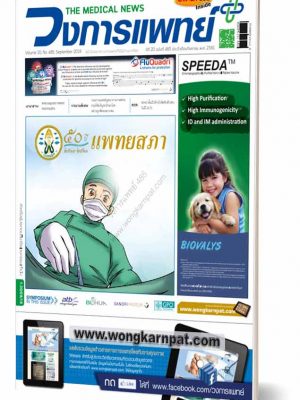Researcher : Rattanavipanon, W., Chaiyasothi, T., Puchsaka, P., …Veettil, S.K., Chaiyakunapruk, N.
Abstract : Aims
To grade the evidence from published meta-analyses of randomized controlled trials (RCTs) that assessed effects of pharmacist intervention on cardiovascular risk factors and cardiovascular outcomes.
Methods
MEDLINE, Embase, and the Cochrane Library were searched from database inception to July 2021. Meta-analyses of RCTs were eligible. Quality of evidence were assessed by GRADE approach.
Results
From 9308 publications, 149 full-text articles were evaluated for eligibility, and 24 studies with 85 unique meta-analyses that assessed effects of pharmacist intervention on cardiovascular risk factors and cardiovascular outcomes were selected. Overall, 71.7% (61/85) of unique meta-analyses showed significant impacts of pharmacist intervention. For the quality of evidence, 63.4% of meta-analyses had large heterogeneity (I2 > 50%) while 1.2, 16.5, 32.9 and 49.4% of meta-analyses were graded as high, moderate, low and very low quality based on GRADE approach, respectively. Among meta-analyses with moderate quality, pharmacist interventions significantly mitigated risk factors (including 6/3 mmHg reduction of blood pressure, increased the rate of lipid control, glucose control and smoking cessation (pooled odds ratio, [95% confidence interval] 1.91 [1.55, 2.35], 3.11 [2.3, 4.3] and 2.3 [1.33, 3.97], respectively) and improved medication adherence (1.67 [1.38, 2.02]). Furthermore, pharmacist interventions significantly reduced all-cause mortality (0.72 [0.58, 0.89]) and improved quality of life in patients suffering from chronic heart failure.
Conclusion
This umbrella review found convincing evidence that pharmacist intervention can provide a wide range of benefits in cardiovascular disease management, ranging from risk factor control, improvement in medication adherence and, in some settings, reduction in morbidity and mortality.
Link to article: https://doi.org/10.1111/bcp.15279
Journal : British Journal of Clinical Pharmacology, 2022
